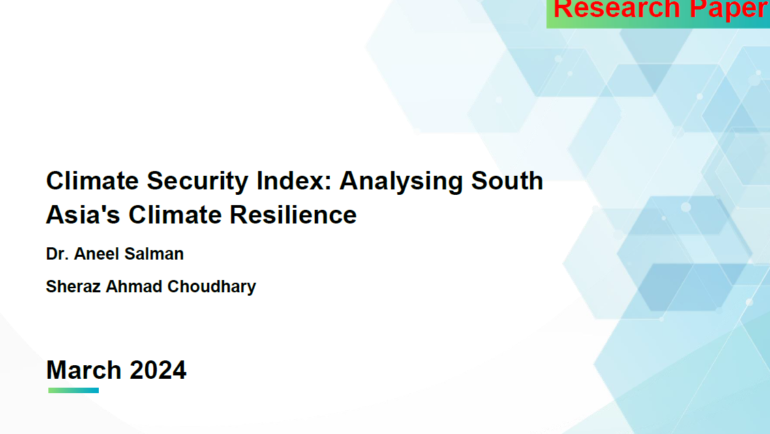In this exploratory report, the authors ask whether an East-West Economic Corridor (EWEC) linking Afghanistan, the Central Asian republics (Kazakhstan, Kyrgyzstan, Tajikistan, Turkmenistan, and Uzbekistan), India, Iran, and Pakistan is feasible. Earlier efforts to develop economic corridors in this region have failed. The causes, the authors find, do not lie in doubts about the corridors’ economic viability. Instead, the causes appear to be geopolitical alignments, internal conflicts, relations between EWEC members, great-power relations of EWEC members, and barriers to external capital.
The authors reviewed literature about past corridor initiatives and developed a case study of regional pipeline initiatives to identify the causes of past successes and failures. The authors also explored the salience of these and possibly new causes through in-person interviews with policymakers and policy analysts in India and Pakistan.
Source: https://www.rand.org/pubs/research_reports/RRA3076-1.html


